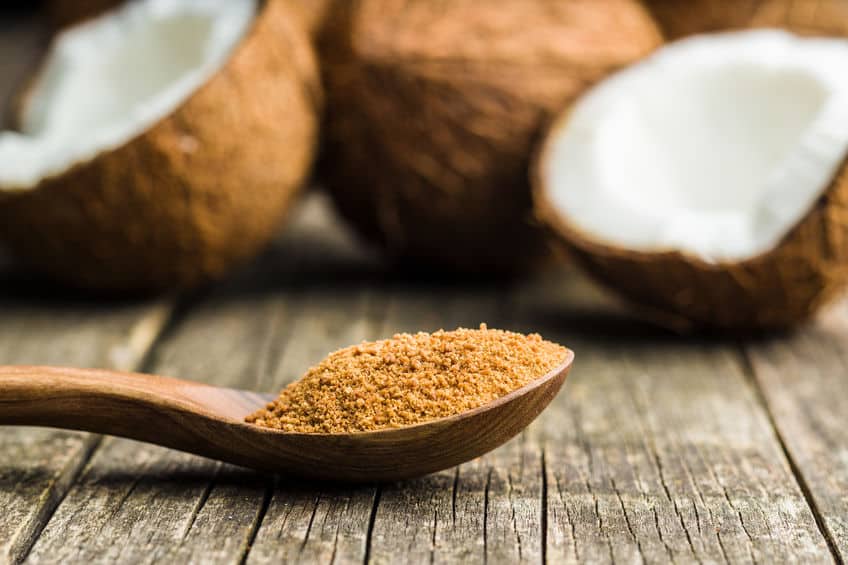The Skinny
Sugar is sweet and so are you. Cute and catchy. Unfortunately, the sweet that comes from refined sugar isn’t always a healthy option, especially for individuals piling it on everything from Corn Flakes to cinnamon buns and coffee. Artificial low-calorie alternatives abound, but there is growing concern that these sweeteners may be a gateway to other potential health risks. The alternative? Natural sweeteners and WellWell is here to lay out some of the major options.
The Slate
There are a full menu of raw honeys that range in flavor, texture and look. The natural honeys are winners because they contain enzymes, minerals and vitamins that will do more than just sweeten your tea. Raw honeys just might provide another benefit as well. Consuming local products can help build immunities to common allergens in people by introducing bee pollen from local bees into their systems. What about pasteurization honey? Well, it’s still sweet, but the processing kills a lot of the good stuff that’s found in raw honey.
Yacon syrup comes from the yacon plant that grows in South America. While relatively unique, it is growing in popularity because there are indications it supports weight loss. High in fructooligosaccharides, it also builds gut health and can relieve constipation thanks to its high number of soluble fibers.
Monk fruit sweetener comes, not surprisingly, from the monk fruit that is found in Southeast Asia. Zero calories and over a 100 times sweeter than sugar, it has natural sugars but gets its sweetness from antioxidants called mogrosides. The added benefits of mogrosides is their anti-inflammatory properties and their possible ability to battle cancer.
Slow as molasses? How about sweet and healthy as molasses. A by-product of sugar refining that is able to still hold lot of nutrients, it is viewed as one of the healthiest foods in the world. There are various forms, but blackstrap molasses has the lowest sugar content of all the varieties, while still containing lots of nutrients. A word of advice: molasses is dense, so it needs to be used more lightly than regular sugar.
This brown sweetener is a less processed version of table sugar that is created from the juice of cut sugar cane. It is, however, different from turbinado sugar, which is developed from leftover after cane juice that’s devoid of almost all molasses. Sucanat also distinguishes itself from processed table sugar and turbinado sugar by retaining many of the nutrients found in sugar cane juice such as iron, Vitamin B6, and potassium.
Coconut sugar maintains all its natural vitamins and minerals because it is unrefined. This also helps it avoid triggering fluctuations in a consumer’s blood sugar. It is not lightweight. Coconut sugar holds the same amount of calories as table sugar and is high in carbohydrates and fructose, making it a dicey choice for people looking to lose weight or who have diabetes. Great as a replacement for white or brown sugar in a variety of kitchen uses, it is relatively course and may need to be thinned out for use in baking.
Maple syrup is not just for pancakes. This all-natural sweetener can be used in lots of different ways. If that’s not enough, it is loaded with manganese and also has dollops of calcium, potassium and zinc. Better still, maple syrup is rich in antioxidants. Note that darker Grade B syrups are higher in antioxidants than their lighter counterparts.
Eyes Up
What sweetens your cereal, coffee and disposition? Let us know at info@wellwellusa.com.











